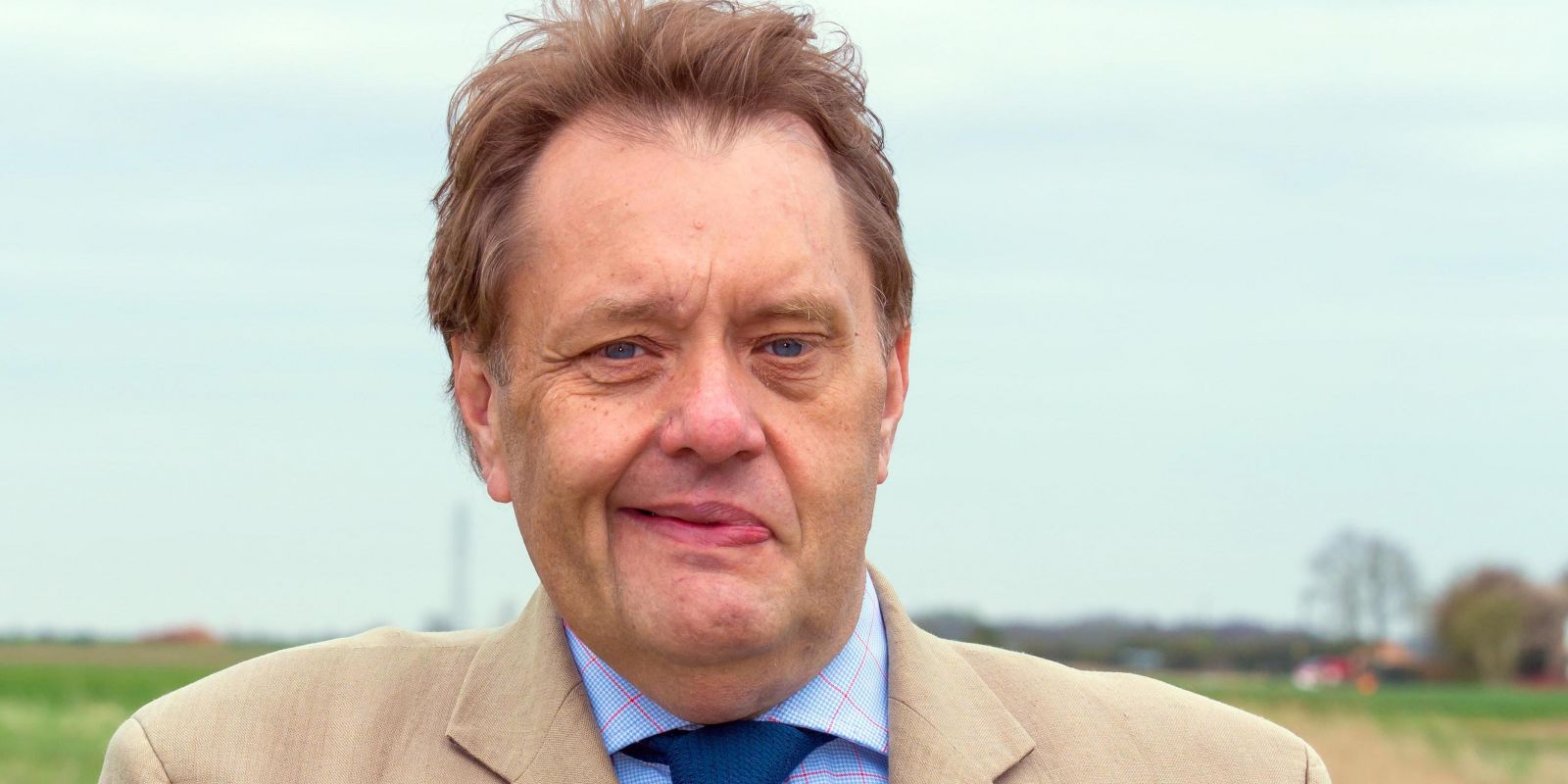South Holland and The Deepings MP John Hayes points the way forward for our food sector...
Lincolnshire’s food and farming sector is our most important industry. It accounts for perhaps a third of the county’s jobs and what is produced fills shelves of shops throughout the nation. We are home to the national centres for fish processing, food logistics and – in South Holland in particular – the fresh produce industry.
So, last week, with great pride, I hosted the Food Board of the Greater Lincolnshire Local Enterprise Partnership for a reception in the House of Commons. Board members, local businesses, representatives of the University of Lincoln and Lincolnshire MPs, gathered to discuss what is needed to support and build local firms and thus the local economy.
Leaving the European Single Market and the Customs Union will provide the basis for Britain to capitalise on the benefits global free trade can bring to all consumers. We have already seen the willingness of countries around the world – Australia, China, India, Japan, New Zealand, the United States and others – to sign new post-Brexit agreements with us.
We are thus well placed to flourish in the years ahead and must recognise that no deal on trade is far better than a deal which ties the UK into the European regulatory framework, stifling our chances to prosper. Hand in hand with this, we must, of course, continue to support farmers and growers with fair rewards for their work as food producers, guardians of the countryside and custodians of the natural environment.
The first priority for our rural economy is to increase food production. We should grow and make here in the UK more of what we consume. A key to this lies in innovation and new technology. Put straightforwardly, the future of farming must be less labour-intensive. Once again, Lincolnshire is leading the way, both in industry – with our developing Food Enterprise Zones – and in academia. From automation to bio-technology to vertical farming, we must be alive to the opportunities innovations offer farmers to enhance their businesses, so allowing consumers to continue to enjoy superb produce. All of this can be done whilst conserving and nurturing the natural environment on which our futures depend.
I am confident that we can look forward to sustainable, highly efficient and environmentally-conscious farming remaining at the beating heart of our local economy, and putting food on our tables for years to come.
This article first appeared in the Lincolnshire Free Press and Spalding Guardian.


